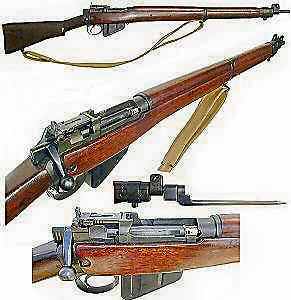 By TRENTON DANIEL, Associated Press – 9 hours ago
By TRENTON DANIEL, Associated Press – 9 hours ago
PORT-AU-PRINCE, Haiti (AP) — Haiti’s efforts to restore its disbanded army could deplete resources from more pressing matters in the Caribbean nation, which is still recovering from the massive earthquake that killed hundreds of thousands of people almost two years ago, a Canadian diplomat said Tuesday.
John Babcock, a spokesman for Canadian Minister of State of Foreign Affairs Diane Ablonczy, said in an email to The Associated Press that Haiti’s decision to create a second security force is a sovereign right but that its formation “seems premature” because of the difficult living conditions that many Haitians still face following the January 2010 earthquake.
“Canada fears that creating a second security force will significantly reduce resources available for Haiti’s other important priorities,” one of them being the need to strengthen Haiti’s national police department, Babcock wrote.
Haitian President Michel Martelly is moving ahead with a plan to restore the national army that was disbanded in 1995, and recruiting an initial force of 500 troops would cost an estimated $25 million.
Babcock said Tuesday Canada wouldn’t help pay for a second security force, echoing sentiments of foreign diplomats who told Martelly in October they wouldn’t fund the force.
In practice, however, foreign governments are almost certain to help foot the bill. Between 60 to 70 percent of the government’s $2 billion budget is paid for by outside sources, and government departments will be required to send 1 to 5 percent of their budgets to the new security force.
The army is expected to be officially restored on Friday, when Martelly issues a decree. Friday is also a national holiday that commemorates Haiti’s armed forces. Haiti’s government says the army won’t take shape until June.
The government says it needs the army to patrol its borders, respond to natural disasters and protect the country’s few forests. It also hopes the military will replace a United Nations peacekeeping mission of nearly 13,000 troops that’s been in Haiti since 2004.
But the army’s return also brings back memories of a darker time when the military was synonymous with rights abuses and involvement in coups.
Canada, like the United States, said it would focus its support on the police force instead of a second security force. The national police department has only 8,000 officers in a country of 10 million people, and Canada has long been involved in trying to reform the agency.
Haiti’s Prime Minister Garry Conille told The Associated Press Tuesday that he was aware of the concerns raised by Canada but that the government was still planning to restore the army, because the force still exists in the country’s constitution.
Martelly later said that efforts to restore the army wouldn’t come at the expense of the police department.
“I think it is very important to reaffirm the police and work on the plan to get the armed forces off the ground, but it is not the No. 1 priority,” he told reporters at Havana’s international airport in Cuba during an official visit.
Martelly had traveled to Cuba Tuesday for the first time since he took office in May in an effort to strengthen ties between the two countries.
Cuba is one of Haiti’s most important regional collaborators, sending teams of doctors and other specialists over the past decade. Since the earthquake, even more Cuban medical brigades have been sent to treat survivors and fight a cholera outbreak that surfaced last year. Hundreds of Haitians have trained as doctors at Havana’s Latin American School of medicine.
Martelly is scheduled to be in Cuba until Thursday and is expected to meet with Raul Castro.
Associated Press writer Andrea Rodriguez in Havana contributed to this report.